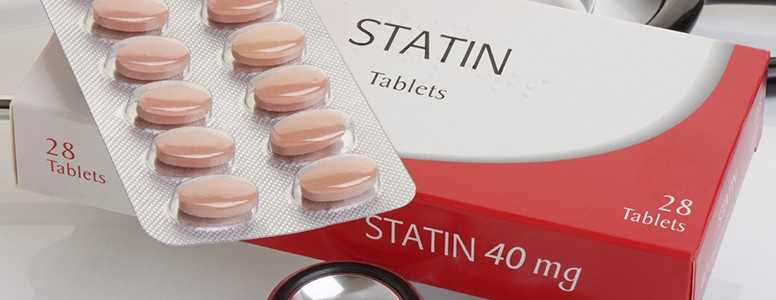Livalo (market name of pitavastatin) was linked to lower HbA1c levels in people with type 2 diabetes, according to new research.
The study, conducted by researchers at Chang Gung Memorial Hospital and Chang Gung University in Taoyua, Taiwa, examined the effects of pitavastatin in both “statin-naive” participants (those who had never undergone any form of statin treatment) and participants who had been prescribed atorvastatin.
Pitavastatin is used to lower high levels of “bad” low-density lipoprotein (LDL) cholesterol, and increase levels of “good” high-density lipoprotein (HDL).
How was the study conducted?
The researchers examined data from 340 participants, all of whom had type 2 diabetes. 96 of the participants were treated with pitavastatin; 100 patients who had been prescribed atorvastatin switched to pitavastatin; and 144 participants carried on taking atorvastatin.
They found that participants who had never taken statins before pitavastatin treatment had lower HbA1c levels after six months. In the group that switched from atorvastati, the effect was even more pronounced. Among those with the worst blood glucose control, HbA1c fell from 8.1 per cent to 7.4 per cent, and 9.7 per cent to 9.0 per cent respectively.
“A decrement of 0.7 per cent in HbA1c just by changing from one statin to another statin of the same category of potency is cost-effective,” Brend Ray-Sea Hsu, MD, PhD, of the department of internal medicine at Chang Gung University in Taoyua, Taiwa, told Endocrine Today. “We should consider the effect of different statins on glycemic control and change the statin when it is indicated before we enforce anti-diabetic agents in dyslipidemic patients with poorly-controlled diabetes. Further large-scale trials are warranted to assess the long-term outcomes of different statin treatment in patients with diabetes dyslipidemia.”
Diabetes and statin treatment: a controversial topic
Statins are commonly prescribed to people with diabetes because of the higher risk of heart disease associated with the condition. Taken alongside careful blood glucose control management, statin supporters argue that statins cut cholesterol levels and reduce the risk of heart disease or heart attack.
However, research shows that only around one per cent of people who take statins will actually benefit in terms of lowering their risk of heart disease. Many people feel that because of this low success rate, and because of the significant body of research that suggests that statin treatment increases the risk of type 2 diabetes, statins should be prescribed on a much less frequent basis than they currently are.
The findings are published in the Journal of Diabetes Investigation.
What's new on the forum? ⭐️
Get our free newsletters
Stay up to date with the latest news, research and breakthroughs.








